From my desk during COVID-19 (June 2020), there are a lot of business leaders that I have spoken to that are tired. They don’t go as far as saying his, but they are demonstrating that they are burnt out. Why and why now?
COVID has pushed business leaders to be entrepreneurial, and that has lead to new products, new services, new ways to do things, new ways to work with their team, new ways to interact with customers, and sometimes new businesses. That’s exhausting. We could keep that going from March to June, but now after three months, it may be getting too much.
But, the need to change, the demand for us to change is waining. That’s a good thing.
What is increasing, and is even more vital for business success is our own teams. For three months we fought for them, did everything we could to give them (and their families) a livelihood, and jumped through many rings to pull government aid so we could pay them when traditional sales were not there.
Now, as we try and bring our teams back to work (or even let them stay remote, but develop our businesses) to have a successful second half of 2020, we have to listen to them.
Some are scared and others are blasé.
There is a whole host of emotions coming at us from our teams. That’s understandable. And like good leaders we’ve grown into we’ve shown empathy. We’ve listened. We’ve helped.
Empathy is our feeling of awareness towards other people’s emotions and an attempt to understand how they feel. Empathy is deeply rooted in our brains and our bodies — it evokes in us the desire to understand other people’s emotions; it’s so rudimentary, it’s actually instinctual. This type of empathy is what psychologists typically refer to as cognitive empathy. There are many reasons to practice empathy: it’s good for our personal health, and our work relationships. The problem with empathy is the flip side that psychologists refer to as emotional empathy: our yearning to not only understand other people but to feel their pain, too.
In short - if you have been showing empathy a lot in the past weeks, you are going to burn out. That could just be the reason you’re feeling tired right now.
A small switch in your own mind can help.
Compassion and empathy are fundamentally different but are closely related. Compassion is an emotional response to sympathy and creates a desire to help.
So what makes compassion different? Unlike empathy, compassion creates emotional distance from the individual and the situation we’re facing. By practicing compassion, we can become more resilient and improve our overall well-being.
With compassionate management, a leader can become a “spectator of your owns thoughts and emotions” and go beyond experiencing a somewhat uncontrollable feeling to managing an appropriate response.
The difference between empathetic leadership and compassionate leadership is nuanced and both skills have been shown to have dramatic effects on employee happiness, retention, and overall well-being. But while empathy is “a lynchpin for good leadership, a compassionate work culture, where leaders regularly demonstrate concern for people experiencing difficulties and act upon the concern to help and support is also a key element,” writes Ray Williams in Psychology Today.
An empathetic leader is able to establish a connection with their teammates, encourage collaboration, and influence teammates to be more loyal to an organization. But on the flip side, their judgment may be clouded by their own biases and personal experiences — even their ethical judgment can become eroded. That’s where compassion comes in.
In fact, research has shown that through coaching in compassion, leaders can “experience psycho-physiological effects that restore the body’s natural healing and growth processes, thus enhancing their sustainability.”
The ultimate goal of compassionate management is compromised and shared understanding. Emotional leadership can be exhausting, but compassionate leadership doesn’t have to be.
And if you’re in need of some specific insight tailored for your business, then contact me. A lot of our members are doing extremely well in this environment. Our peer-boards are an ideal space to show your feelings and get the entrepreneurial support you need. To know where the opportunities are, set up a call with me today.
Would you like to increase your revenue this year? This is for you: https://www.exactlywhereiwanttobe.com/MoreRevenue
➜ Get my FREE Business Owner Inspiration email: https://www.exactlywhereiwanttobe.com/BizOwner
➜ Like my Facebook Page: https://www.facebook.com/NickJLeighton
➜ Follow me on Instagram: https://www.instagram.com/nickjleighton/
➜ Connect with me on LinkedIn: https://www.linkedin.com/in/nickleighton/
➜ More info: https://www.ExactlyWhereYouWantToBe.com
➜ Buy My Best-Selling Book: http://tiny.cc/EWYWTB

